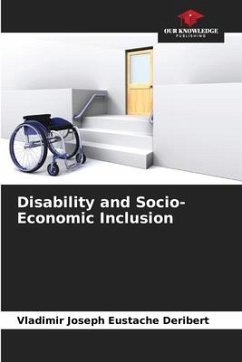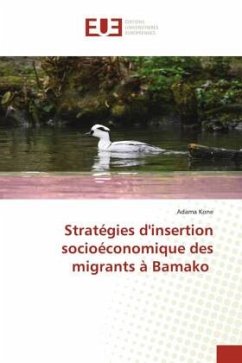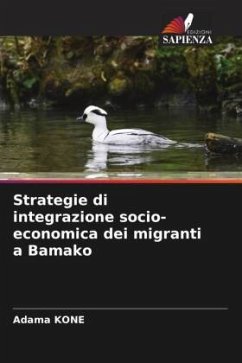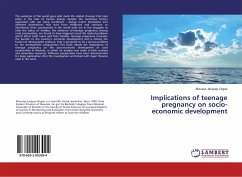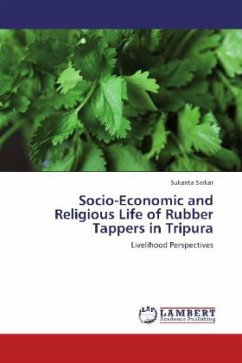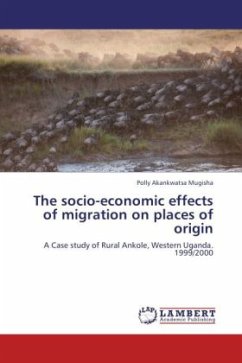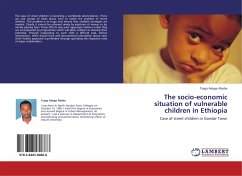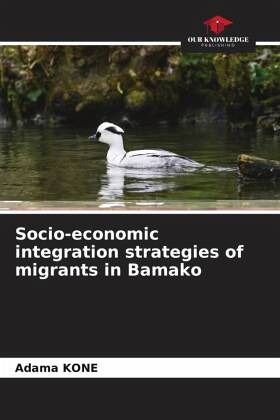
Socio-economic integration strategies of migrants in Bamako
Versandkostenfrei!
Versandfertig in 6-10 Tagen
29,99 €
inkl. MwSt.

PAYBACK Punkte
15 °P sammeln!
The district of Bamako owes its dynamism to the massive arrival of rural populations due to the consequences of the drought that hit the rural world hard and forced the populations to leave. The centrality of socio-economic infrastructures in the district of Bamako to the detriment of other economic poles has had as a direct consequence the arrival of migrant populations. In Mali, with the increase in urban unemployment and the low absorption capacity of the formal sector, urban populations have recourse to the informal sector. It contributes to absorbing unemployment in Bamako. It is the main...
The district of Bamako owes its dynamism to the massive arrival of rural populations due to the consequences of the drought that hit the rural world hard and forced the populations to leave. The centrality of socio-economic infrastructures in the district of Bamako to the detriment of other economic poles has had as a direct consequence the arrival of migrant populations. In Mali, with the increase in urban unemployment and the low absorption capacity of the formal sector, urban populations have recourse to the informal sector. It contributes to absorbing unemployment in Bamako. It is the main sector providing employment. The massive influx of internal migrants has strongly contributed to the proliferation of informal activities in the district of Bamako. Unqualified migrants use this sector to integrate into the urban economic fabric.



